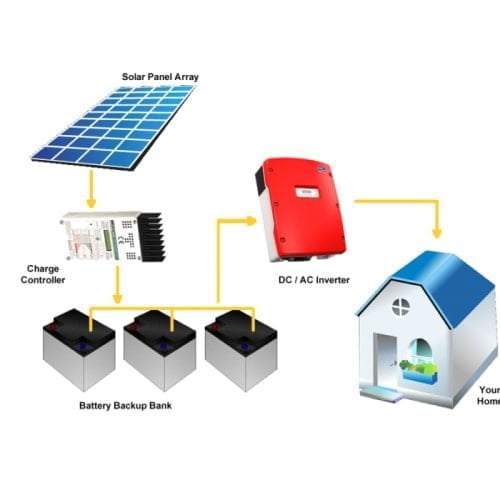Oftentimes, homeowners may be required to have permission from their HOA before installing a solar panel. This can be quite a costly process, as homeowners may have to disconnect electrical wiring and disconnect roof penetrations. Additionally, they may have to pay an additional fee for removing the solar system. In some instances, HOAs require that the homeowner solar installation be performed by the current owner.
Before committing to the purchase and installing a solar energy system, homeowners should review their past year's worth of utility bills to estimate the capability of the device required to generally meet their anticipated annual demand for electricity.
This can be done by dividing the total amount of money allocated to utilities by the number of months before year. In a perfect world, homeowners would select a system that is capable of offsetting the quantity of energy they choose during peak hours, that is the time when the cost of their utilities is at its maximum.

An individual who owns a home must also consider whether or not they would like to link their solar panel system to the utility grid. This decision should be manufactured ahead of the installing the solar panels. The mechanism that enables utility companies to get any additional power that is generated by the machine is called "net metering," and the phrase "net metering" refers to the system.
Not only can a homeowner who instals solar panels on the roof save money on their monthly power bills, but they will also see a rise within their home's resale value. A recently available analysis by Zillow found that homes designed with solar panels sold for 4.1 percent more than comparable properties that did not have solar panels. This results in yet another cost of $9,274 for a house or apartment with a median value. Additionally, research conducted by the United States Department of Energy unearthed that installing a solar electric system adds one more $20 to the value of a property for every single dollar that is saved annually on the price of utilities.

Even though there are many advantages to presenting solar panels installed on a property, homeowners should remember that additionally, there are potential disadvantages. Homeowners associations (HOAs) are the absolute most significant obstacles to the installation of solar panels because they might place restrictions on their use. Despite the difficulties they have, homeowner associations must collaborate in order to discover a solution that is agreeable to each of the involved parties. Homeowners will have an easier time installing solar panels on their property if the HOA policy is clear-cut and well-written.
A homeowner who chooses to power their property with solar energy also needs to investigate the chance of purchasing insurance because of their solar panels. Injury to a solar panel system is normally covered underneath the terms of a homeowner's insurance policy. However, if the solar system is housed in a different building from the key house, the owners might be required to increase the full total number of coverage due to their entire property.
